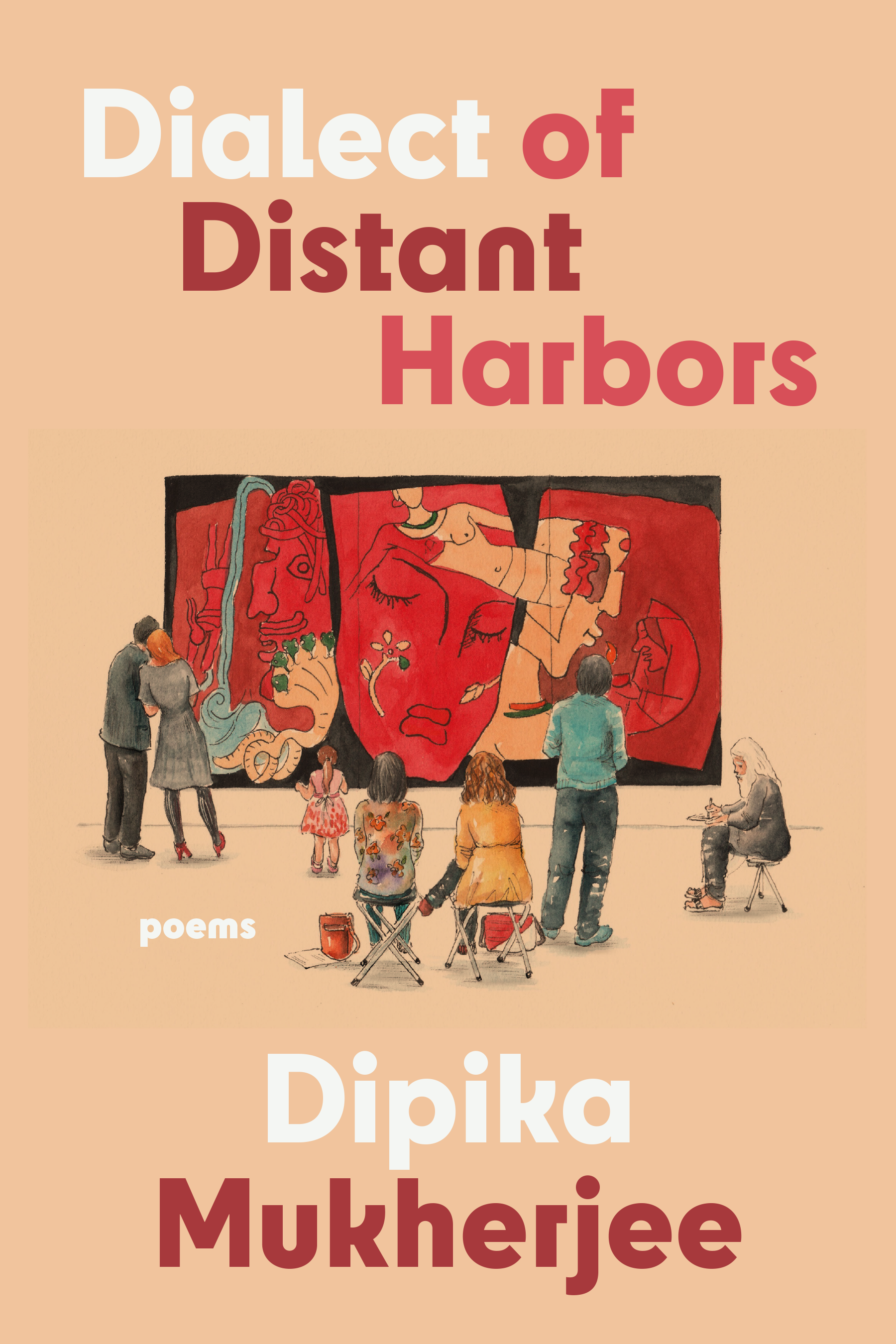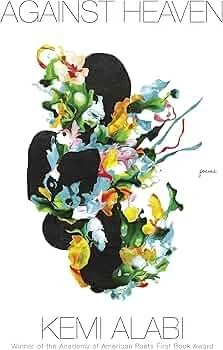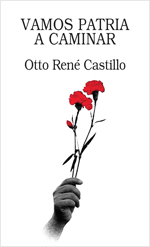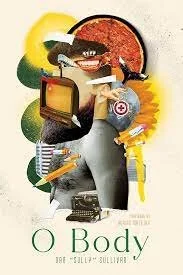Bluff / Danez Smith / 2024
Danez Smith been one of my favorite poets. In Bluff, they reflect on their meteoric rise and the tokenism that they tried and feels they failed to resist. In some of their best poems yet, they criticize the “hope industrial complex” and feel embarrassed about having written poems for presidents. I laughed out loud at the line “they untapped my phone / found no threat, the shame i felt.” Despite this, Electric Literature still insists Smith “Sculpts Pessimism into Hope”, which isn’t exactly wrong but feels like it misses the critique, as if readers can’t stomach the Afropessimism intrinsic in the project. I can’t say I’m well-read in Afro-pessimism, but as a neophyte to Marxism, I did feel disappointed in Smith’s inability to articulate much of a vision throughout the collection. The poem “principles” is particularly underwhelming: it argues against “all lives matter” as if Smith is trapped in some racist white woman’s facebook page; it puts its most radical position--a desire for a stateless society--into parentheticals, not giving it much space to breathe and develop meaningfully. No doubt Smith’s life as a poz nonbinary Black artist has not been an easy one, but still, Smith has been granted lots of money and time and connections to develop their ideas and be heard, so it’s a bit disappointing to read poems from a dude in their 30s still writing about “three soulmates” that they lost. The essay “My End of the World” about BIPOC relationships to nature, for example, merely seemed to catalog introductory talking points of Black and brown environmental thought. The highs in Bluff are great, but Danez sets a high bar for themself and at times I feel like they gets lost in the sauce, flinching when they could choose to grow into new territory.


















